Laundromat For Sale Pittsburgh – The truth is that the idea of quality is deeply rooted in the philosophy of craftsmanship, heritage, and trust, which explains why certain items, often categorized as quality goods, tend to be prized more than others, even when they may come with a higher price tag. In recent years, the market for businesses for sale has been affected by several global and local economic factors. After the sale is complete, the buyer assumes responsibility for the business and takes control of its day-to-day operations. They are investments, not just purchases, and their value is often felt long after the original transaction has ended. These platforms often provide tools that help streamline the due diligence process, including access to financial documents, business valuations, and other relevant data. When we begin to view everything through the lens of commerce, it’s easy to lose sight of the things that make life worth living — the moments that aren’t for sale, the experiences that can’t be bought. This revival can be attributed to a combination of economic factors, growing awareness of environmental issues, and a shift in consumer attitudes toward sustainability and the value of pre-owned items. The second-hand market is not just about saving money; it’s about embracing a more sustainable, mindful way of consuming that values reuse, repurposing, and the stories behind the items we choose to keep. Whether it’s a handmade leather bag, a vintage watch, or a luxury car, the term “quality” brings with it an expectation — an assurance that the item in question has been crafted with care, attention to detail, and materials that can stand the test of time. The most obvious benefit is the cost savings. An item’s worth can be subjective, influenced by the desires, needs, and circumstances of both the seller and the buyer. It forces us to ask difficult questions about ownership, worth, and the limits of human desire. The artist who created it may have one understanding of its worth, while a collector may see it as a valuable investment, and a casual admirer might simply appreciate its beauty without considering its monetary value. The process of selling it can be seen as a form of letting go, a recognition that the future may look different from the past, but that doesn’t diminish its importance or value. It’s a moment of transition, and as with all transitions, it brings with it both excitement and uncertainty. The culture of buying second-hand goods is rapidly shifting in the modern world, particularly among younger generations. Success after the acquisition depends on a variety of factors, such as effective leadership, market conditions, and the buyer’s ability to make improvements and capitalize on growth opportunities. When a person decides to sell something, they might weigh the pros and cons, debating whether it’s the right time or whether it’s really necessary to part with what they’ve had for so long. For the buyer, a car offers freedom, mobility, and a chance to create their own story on the road. The items placed for sale are not merely commodities; they are often vessels of memories, symbols of past achievements, or representations of something bigger than the price tag they carry.

BLVD LAUNDROMAT 10 Photos 3518 Blvd Of The Allies, Pittsburgh
Commercial laundrydry cleanersbusinesses for salecleaning and maintenance

Painters Run Laundromat Pittsburgh PA
Commercial laundrydry cleanersbusinesses for salecleaning and maintenance

Vended Laundry Equipment for Laundromats Metropolitan Machinery
Commercial laundrydry cleanersbusinesses for salecleaning and maintenance
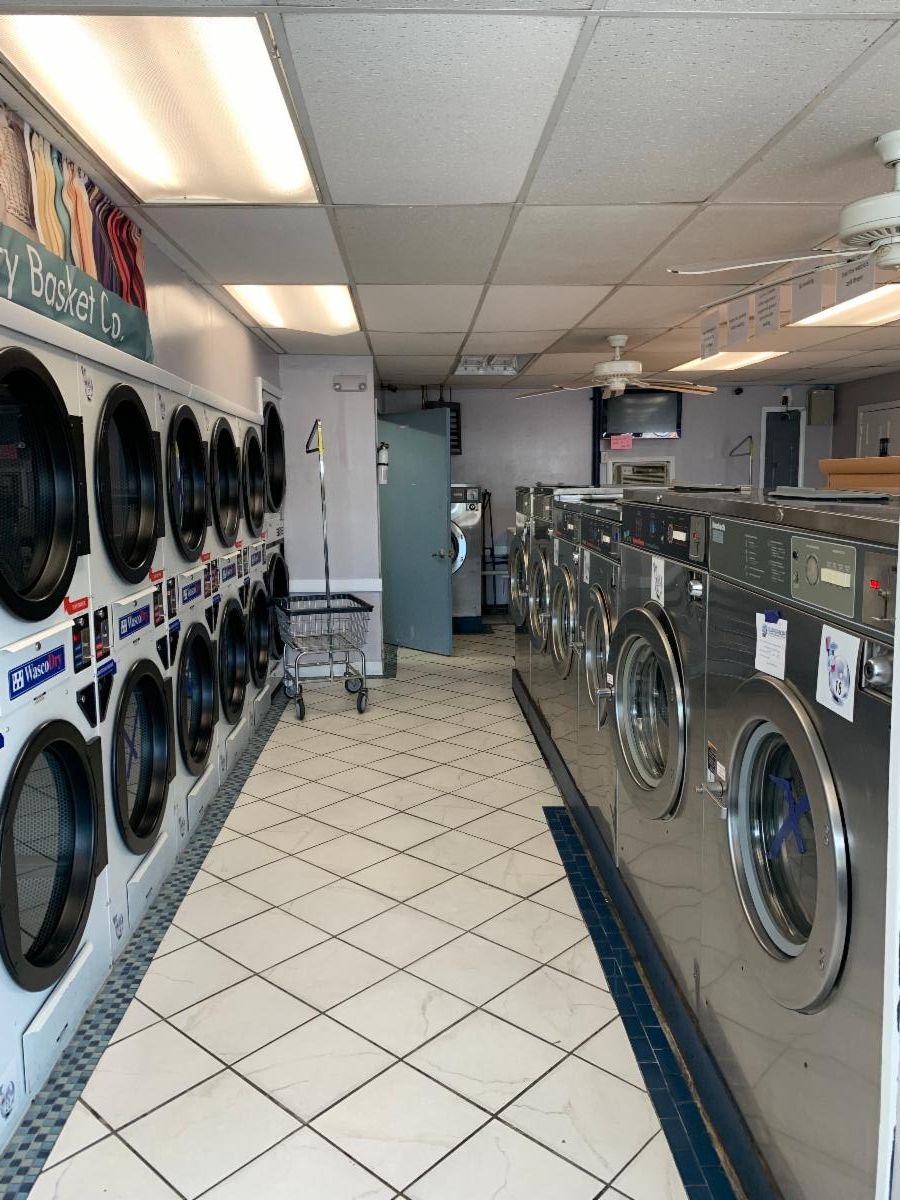
Monroe County PA unattended coin laundromat
Commercial laundrydry cleanersbusinesses for salecleaning and maintenance
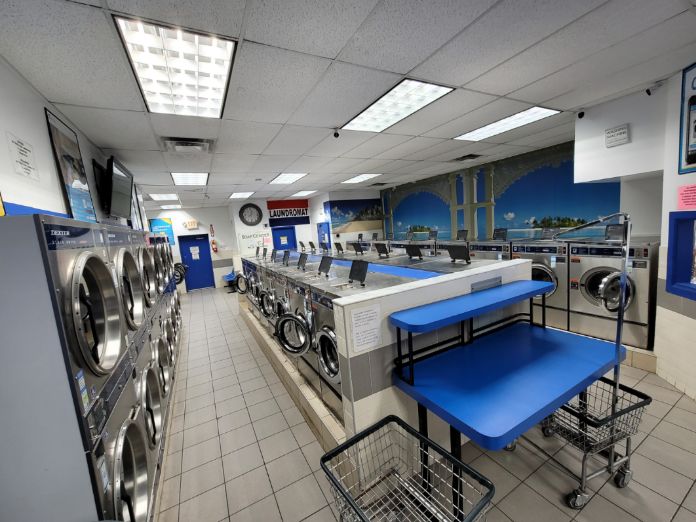
union county coin laundromat for sale 100 unattended
Commercial laundrydry cleanersbusinesses for salecleaning and maintenance

TUMBLE AND DRY LAUNDROMAT Updated January 2025 13 Photos 250 S
Commercial laundrydry cleanersbusinesses for salecleaning and maintenance
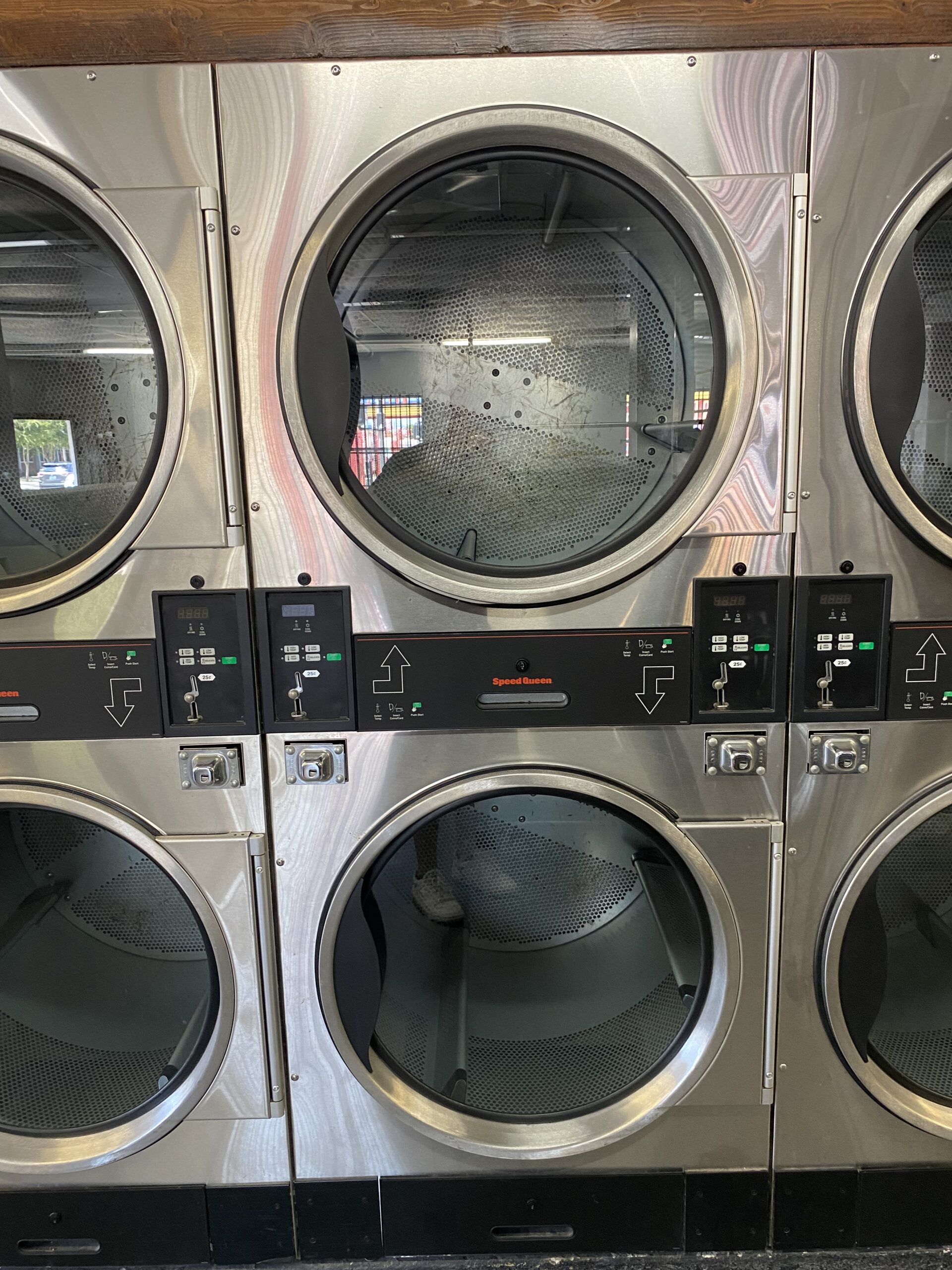
Laundromat Bulk Sale / Turnkey Opportunity to be Sold 360Bid.Sale
Commercial laundrydry cleanersbusinesses for salecleaning and maintenance
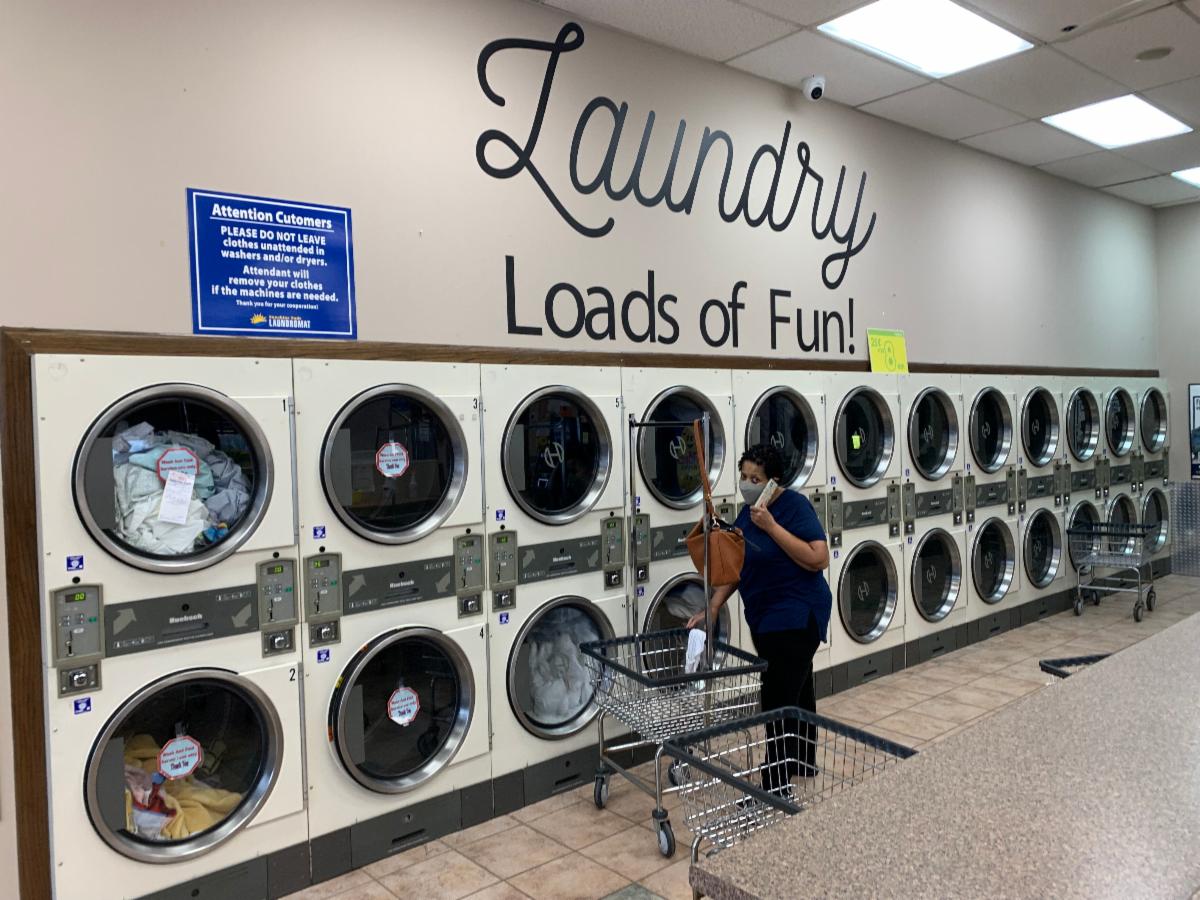
Bergen county coin laundromat for sale
Commercial laundrydry cleanersbusinesses for salecleaning and maintenance
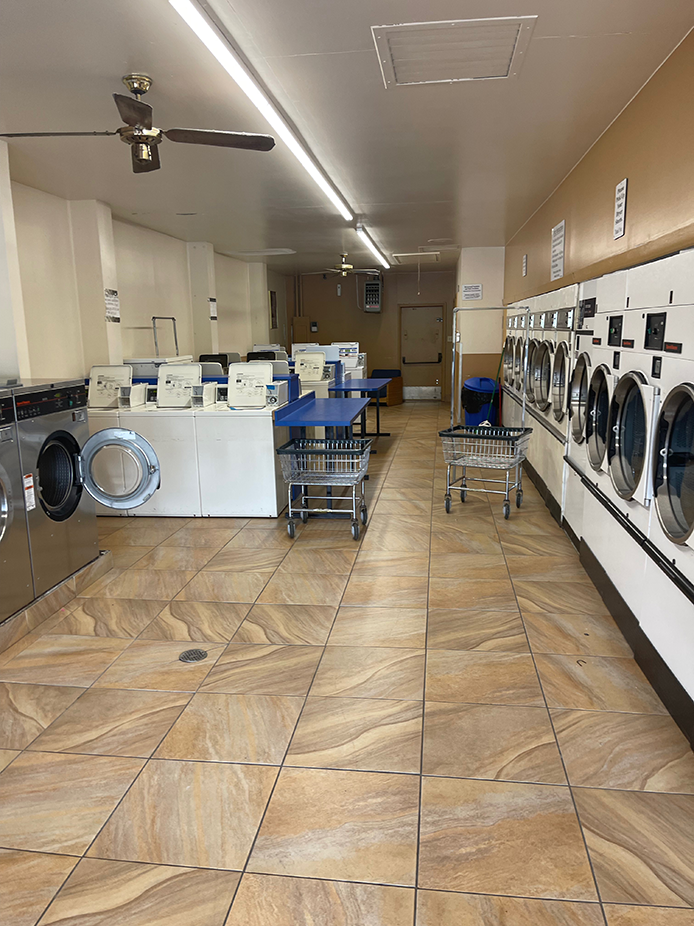
Laundromat Marketplace
Commercial laundrydry cleanersbusinesses for salecleaning and maintenance
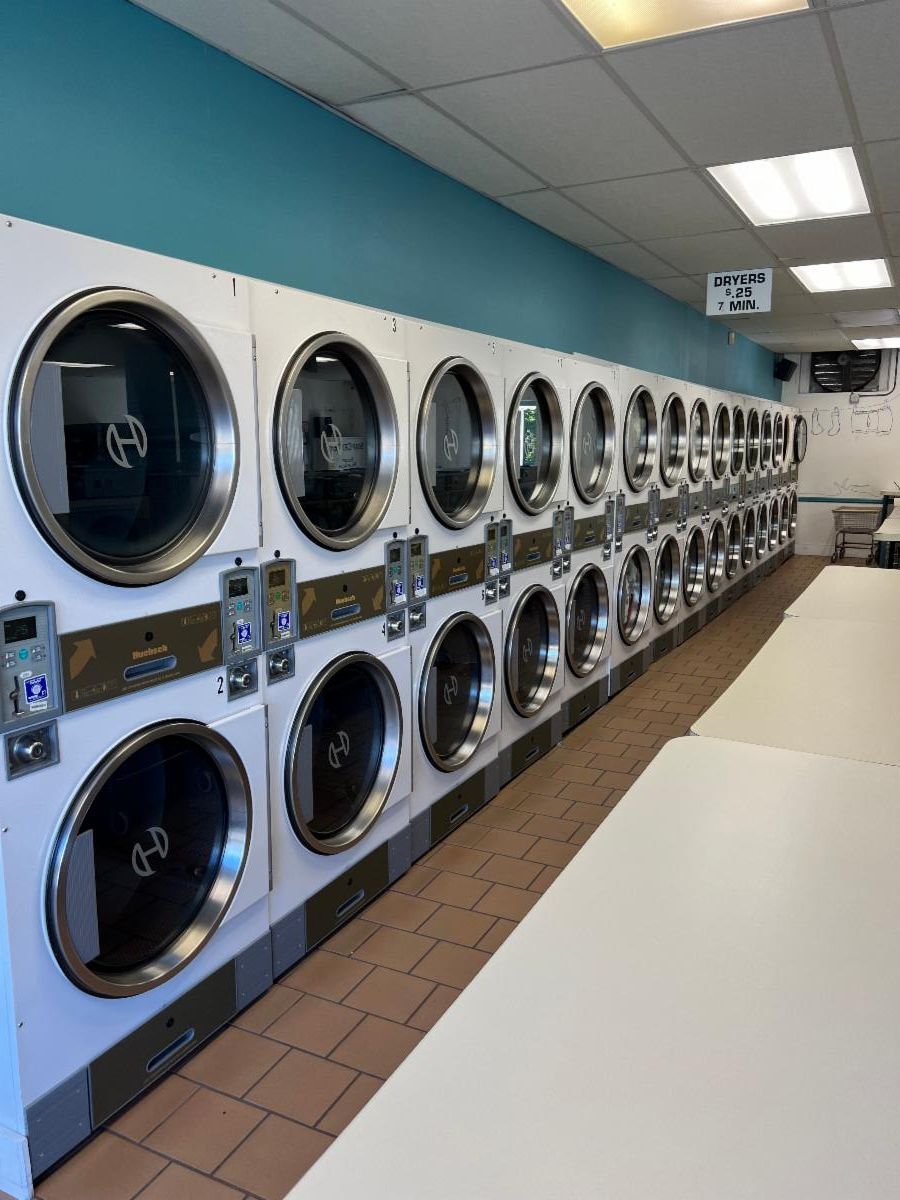
Morris county absentee coin laundromat
Commercial laundrydry cleanersbusinesses for salecleaning and maintenance
Whether it's old furniture that no longer fits with their style, clothing that no longer fits, or electronics they no longer use, selling second-hand items allows individuals to recoup some of the money they spent on these goods. The focus on longevity and reliability is what sets these goods apart from their mass-market counterparts. The concept of a circular economy, where products are reused and repurposed instead of discarded, is central to the appeal of second-hand goods. The internet, for example, has created a space where anyone can buy or sell almost anything, from physical products to intangible services. When we begin to view everything through the lens of commerce, it’s easy to lose sight of the things that make life worth living — the moments that aren’t for sale, the experiences that can’t be bought. The possibilities are endless, and the result is often something more unique and personal than what could be bought new. Second-hand goods, especially those that are vintage or antique, often carry a sense of history and craftsmanship that can be missing from mass-produced products. For those on the outside looking in, the idea of acquiring an existing business might seem both enticing and overwhelming. Both buyers and sellers should approach transactions with honesty and transparency to ensure a smooth exchange. Many people find that buying second-hand furniture allows them to acquire high-quality pieces that are built to last, often with a level of craftsmanship that is hard to find in mass-produced furniture. Thrift stores often carry a wide variety of goods, from clothing and accessories to furniture, books, and electronics, and each item comes with its own story. Take, for example, a high-quality piece of furniture — a well-crafted sofa or dining table can last for decades if maintained properly. After the sale is complete, the buyer assumes responsibility for the business and takes control of its day-to-day operations. Quality goods stand in stark contrast to this cycle. There is also a growing trend of upcycling and repurposing second-hand goods, where items that may no longer serve their original purpose are transformed into something new and useful. Electronics are another category of second-hand goods that have seen a rise in popularity. Even objects with little intrinsic value can be sold with great meaning. The idea of being “for sale” also touches on larger cultural and societal themes. The concept of “for sale” stretches beyond physical items. Similarly, a quality suit made from fine wool will age gracefully, developing a patina that speaks to its craftsmanship.
The sale process itself can be lengthy and involves multiple stages. Quality goods stand in stark contrast to this cycle. Whether it’s vintage clothing, antique furniture, or used luxury watches, second-hand goods offer an opportunity for buyers to find quality items that are no longer available in stores. For many, purchasing second-hand goods is not only a practical and affordable choice but also an environmentally conscious one. In this sense, purchasing pre-owned items can be seen as a form of social responsibility, as it helps create a positive impact that extends beyond the individual buyer. Legal experts are often involved at this stage to ensure that the transaction is conducted in compliance with all relevant laws and regulations. For the buyer, a car offers freedom, mobility, and a chance to create their own story on the road. In the end, the phrase “for sale” is about more than just the exchange of money for goods or services. With the rising costs of new products, especially in categories like electronics, clothing, and furniture, purchasing second-hand items can offer significant savings. These goods, once owned and used by someone else, offer a unique opportunity for both sellers and buyers to exchange items that might otherwise go unused. Whether it’s an item, a service, or even a person, the act of being “for sale” represents a moment of transition, a shift from one stage of life to another. These acts of generosity remind us that there are still things in life that cannot be bought, cannot be sold, and cannot be quantified. The due diligence process helps the buyer understand the risks involved, the company’s market potential, and any legal or operational hurdles that may exist. Online platforms also give buyers and sellers the chance to evaluate one another through reviews and ratings, adding an extra layer of trust and security to the transaction. It’s a moment of transition, and as with all transitions, it brings with it both excitement and uncertainty. When everything becomes a transaction, we risk losing sight of what truly matters. The idea of being “for sale” also touches on larger cultural and societal themes. Whether it’s the sleek lines of a designer chair or the intricate patterns on a handwoven rug, quality goods are often as much about aesthetics as they are about functionality. Conversely, periods of economic growth may lead to more businesses being sold due to increased valuations and higher demand. The result is a society that increasingly prioritizes consumption over connection, profit over meaning, and exchange over understanding.